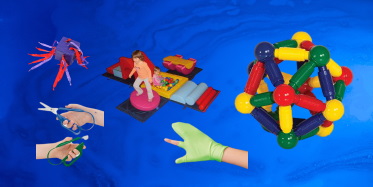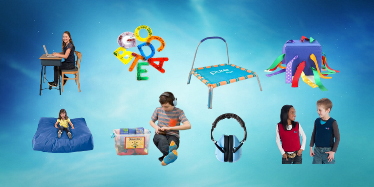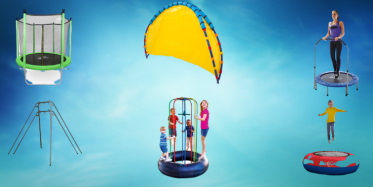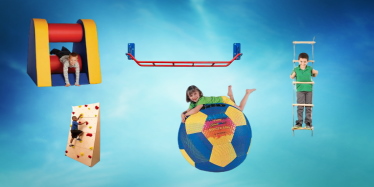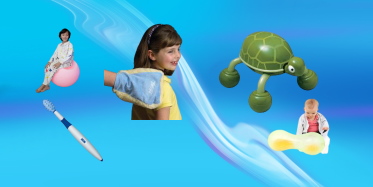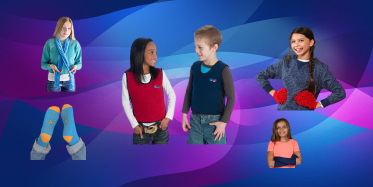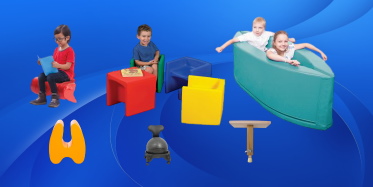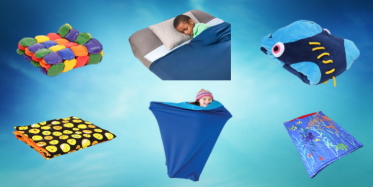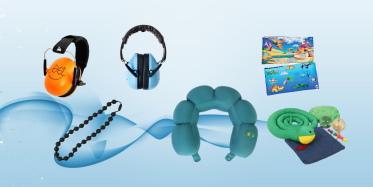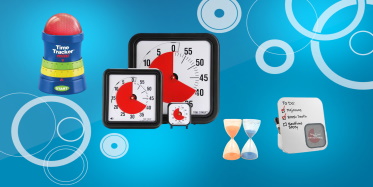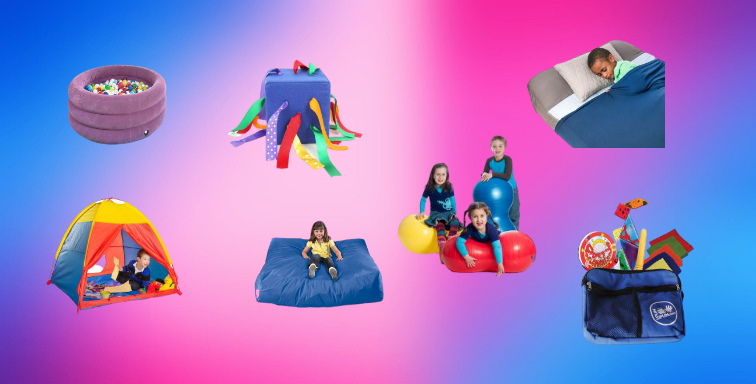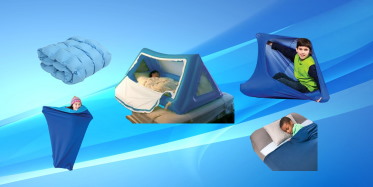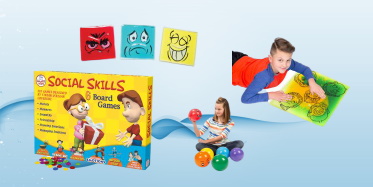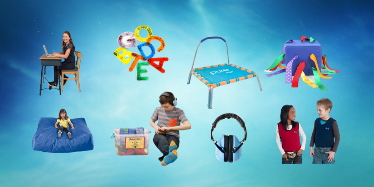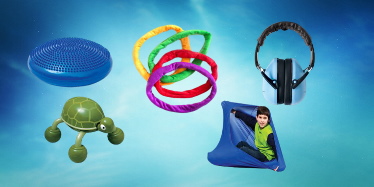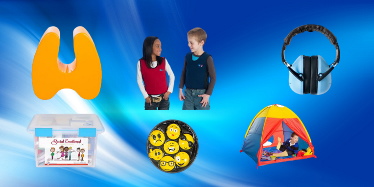ADHD and Toddlers
The American Association of Pediatrics has published guidelines for the diagnosis and treatment of ADHD in children aged 4 to 18, but for preschoolers and babies, there are no official guidelines.
However, ADHD can and is often diagnosed in children 3 years old and even younger. One of the difficulties with diagnosing ADHD babies and ADHD in preschoolers is that much of their behaviour could be interpreted simply as the natural behaviour of an infant.
When the exuberant behaviour of a preschooler becomes excessive and disruptive to every-day life, there is pause to wonder whether ADHD may be the cause.

